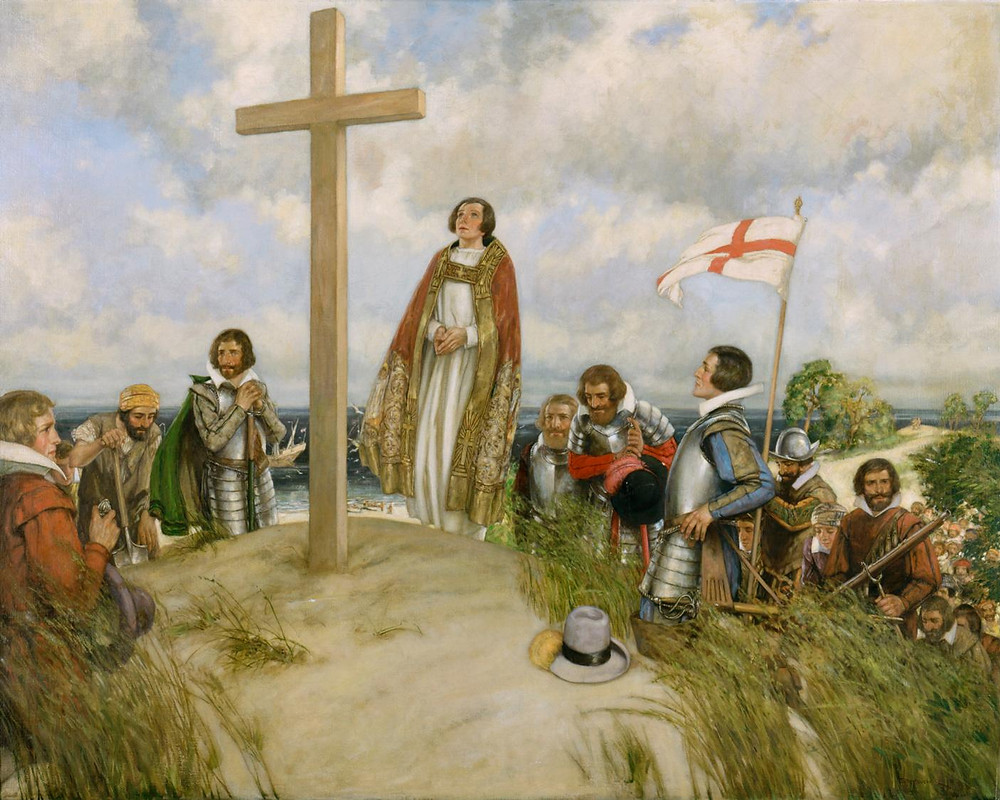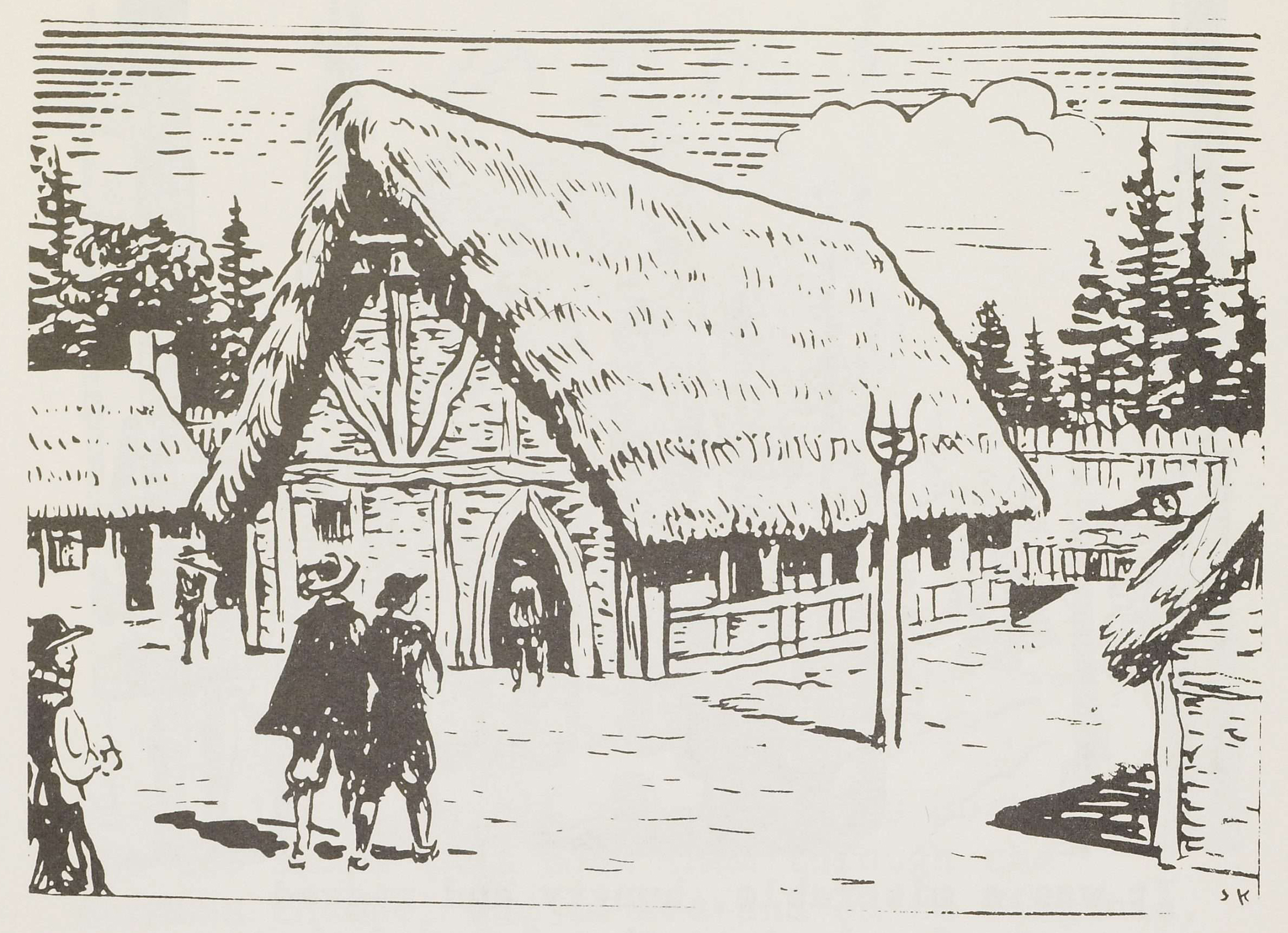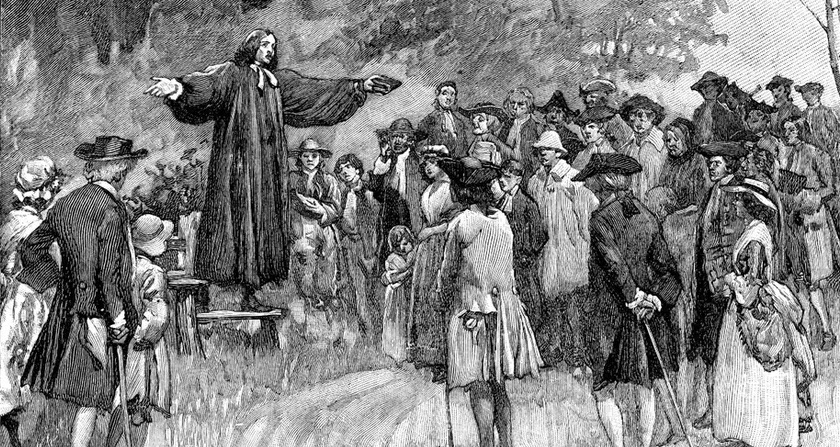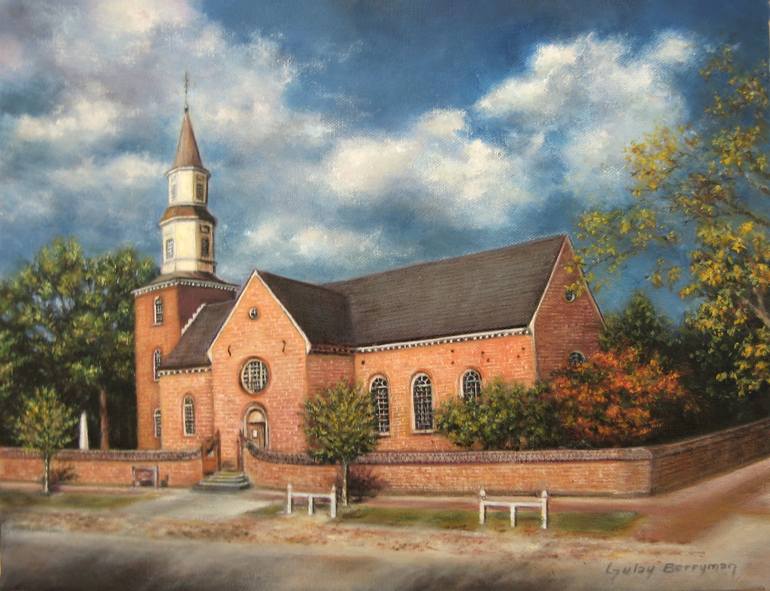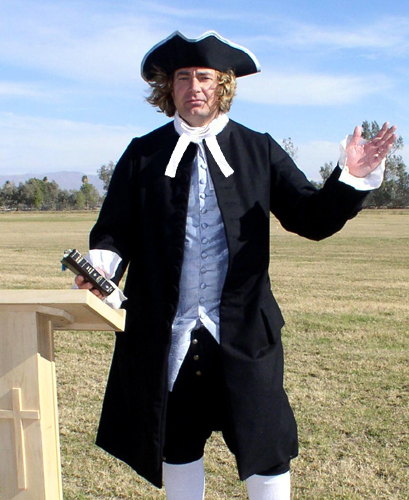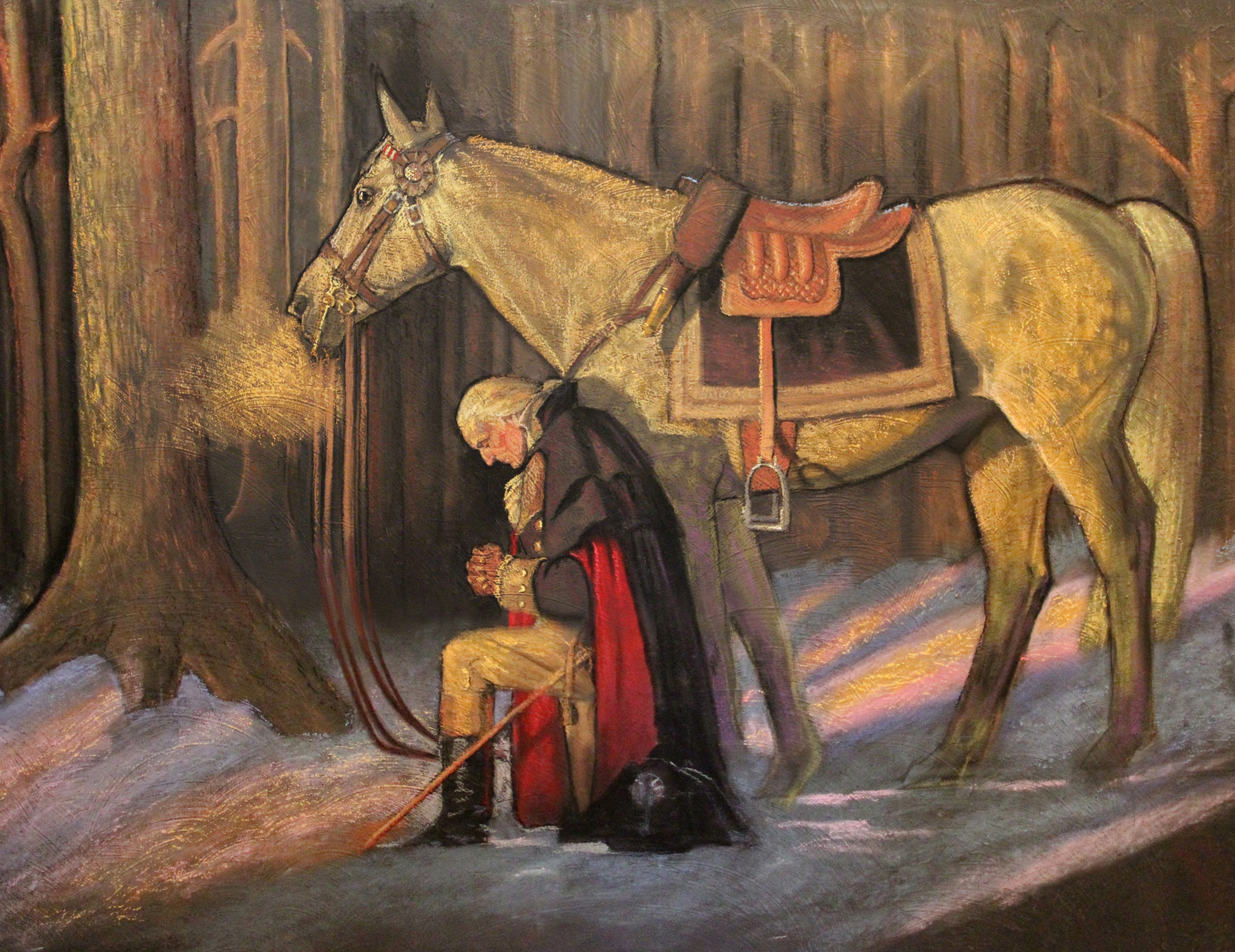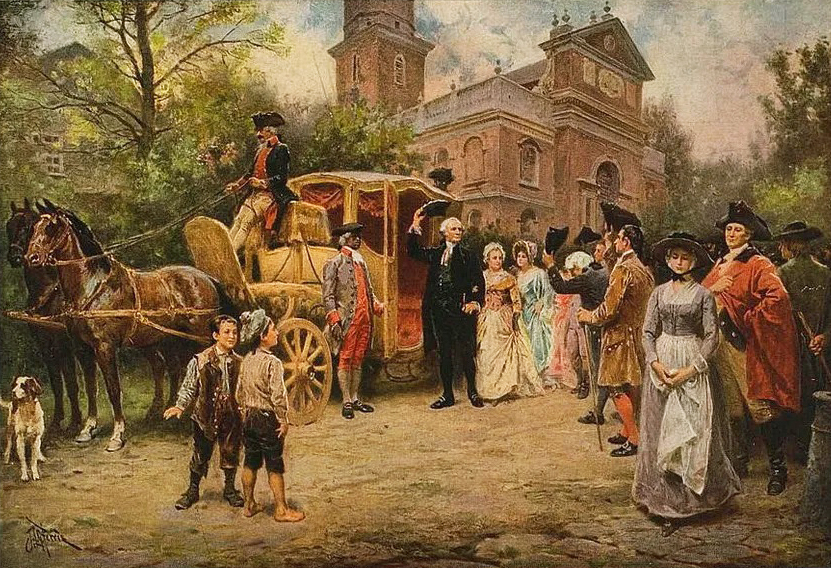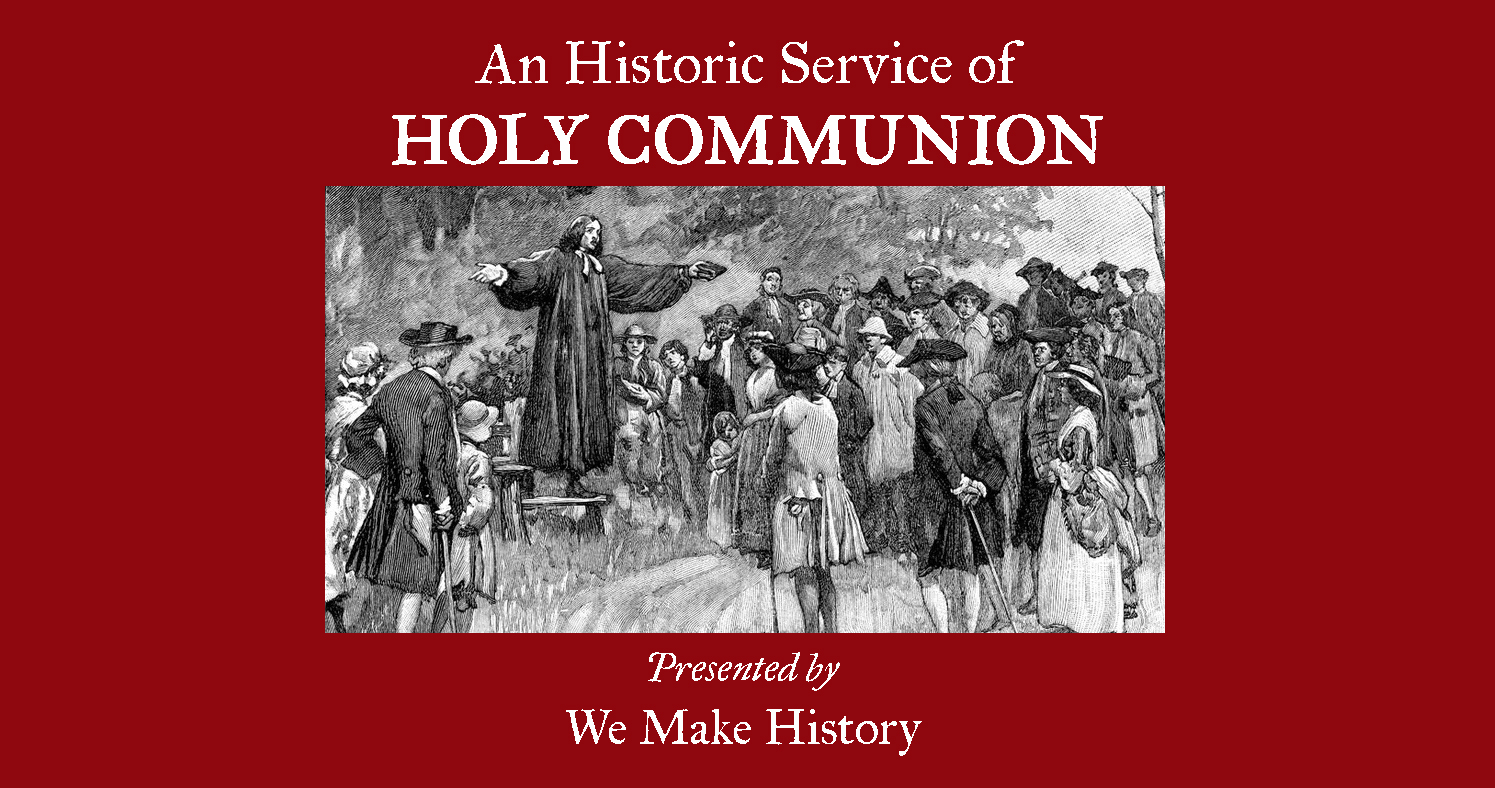

We Make History creates a wide variety of unique, creative and inspirational educational opportunities for families and students. Centered on history and the arts we explore and provide education touching many historic areas and themes such as dance, music, home and domestic life, military life, agriculture, cooking, fashion, spirituality, trades & occupations, medical care and much more.
In our continuing mission of multi-faceted creative and inspirational education, We Make History will begin offering something new, unique and special that is part of America's spiritual heritage - an historic, "traditional" service of Holy Communion.
This service, offered to the Christian Homeschool Community, will replicate a Holy Communion service as was known and attended by many early Americans ranging from 17th century Jamestown figures such as Pocahontas, to 18th century leaders such as George Whitefield of the Great Awakening, founding fathers of the Revolutionary era such as George Washington and on into the 19th century.
Conducted by an ordained minister, this will be a real service offering Holy Communion. Christians attending may choose to be involved and partake or may simply attend and listen.
This historic service is in the Anglican tradition of the Church of England. This tradition was very eminent in early America. The Church of England was designated the "established" church in Virginia in 1609, in New York in 1693, in Maryland in 1702, in South Carolina in 1706, in North Carolina in 1730, and in Georgia in 1758 and had large numbers of members throughout the thirteen colonies which declared independence in 1776 and became the United States of America. In fact, about 3/4 of the Signers of The Declaration of Independence were from this specific Christian background!
Though small changes in verbage or form took place during these centuries, the service will be very much as known from the late 1500s to the mid 1800s. Beginning in the later 1800s and especially in the 1900s many changes in both liturgy and appearance began to take place. Some might be surprised that some of these more recent changes have come to be supposed as "traditional" but actually are not.
These services will be reverential, historical and educational. There will be time for Q&A afterward.
Special notices will go out when each service is scheduled, so watch your email!
